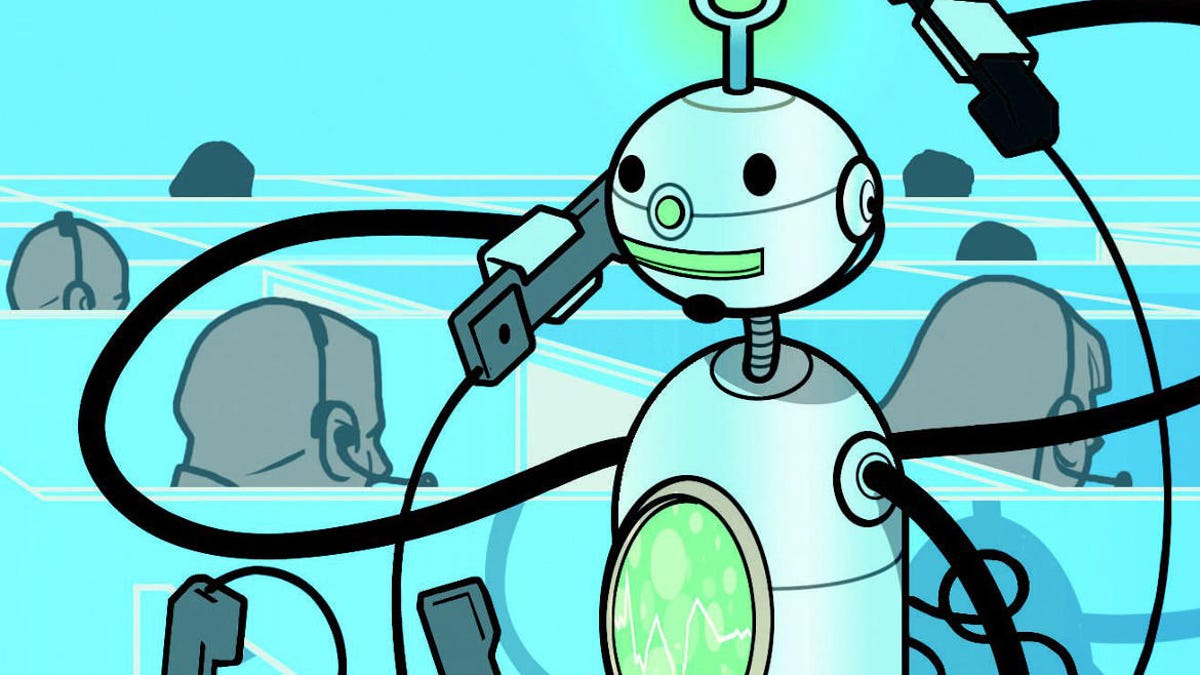FCC to vote on rules mandating illegal robocall blocking
Phone and cable companies will have until July 20, 2021, to implement the Shaken/Stir authentication protocol.

As directed by Congress, the FCC will require phone and cable companies to implement technology to automatically block suspected illegal robocalls.
The Federal Communications Commission will vote later this month on rules requiring all companies that provide phone service to implement automatic call blocking technology to fight illegal robocalls. FCC Chairman Ajit Pai announced Friday that the agency will give phone and cable companies until June 20, 2021, to comply with the new rules.
In June, the FCC proposed and sought public comment on whether it should require providers to use the Shaken/Stir protocol that carriers can implement to authenticate the origin of a call and automatically block it if it's from an illegal robocaller.
Then, in December, Congress passed and President Donald Trump signed into law the Traced Act, which makes Shaken/Stir compliance mandatory for all voice service providers. The law directs the FCC to come up with rules to require voice providers implement the technology within 18 months.
"Last year, I demanded that major phone companies voluntarily deploy Shaken/Stir, and a number of them did," Pai said in a statement. "But it's clear that FCC action is needed to spur across-the-board deployment of this important technology. There is no silver bullet when it comes to eradicating robocalls, but this is a critical shot at the target."
The FCC said eliminating the wasted time and nuisance caused by illegal scam robocalls could save the US economy $3 billion annually. And it views Shaken/Stir as an important element of fighting robocalls. The agency said the technology will also help protect consumers from scams perpetuated by illegal robocalls, which cost Americans about $10 billion annually.
The FCC adds that improved caller ID authentication will also benefit public safety by reducing spoofed robocalls that disrupt health care and emergency communications systems. Ultimately, the FCC says "implementation of Stir/Shaken will restore consumer trust in caller ID information and encourage consumers to answer the phone."
The four major wireless carriers in the US -- AT&T, Verizon, T-Mobile and Sprint, and cable provider Comcast -- have each begun implementing the Shaken/Stir protocol. The companies all supported the passage of the Traced Act mandating the use of the protocol.
"Fighting the scourge of robocalls is a constantly evolving challenge," Tim McKone, executive vice president of federal relations for AT&T, said after the passage of the Traced Act last year. "And we greatly appreciate the help and support from Senate and House leadership and staff as we continue to work daily to stop illegal and unwanted calls from reaching our customers and consumers everywhere."
Full details of the FCC's order have not yet been released. The agency said in a press release Friday that it will also open a proceeding to consider whether to give small and rural providers a one-year extension to implement the Shaken/Stir protocol. The FCC will vote at its March 31 meeting.

